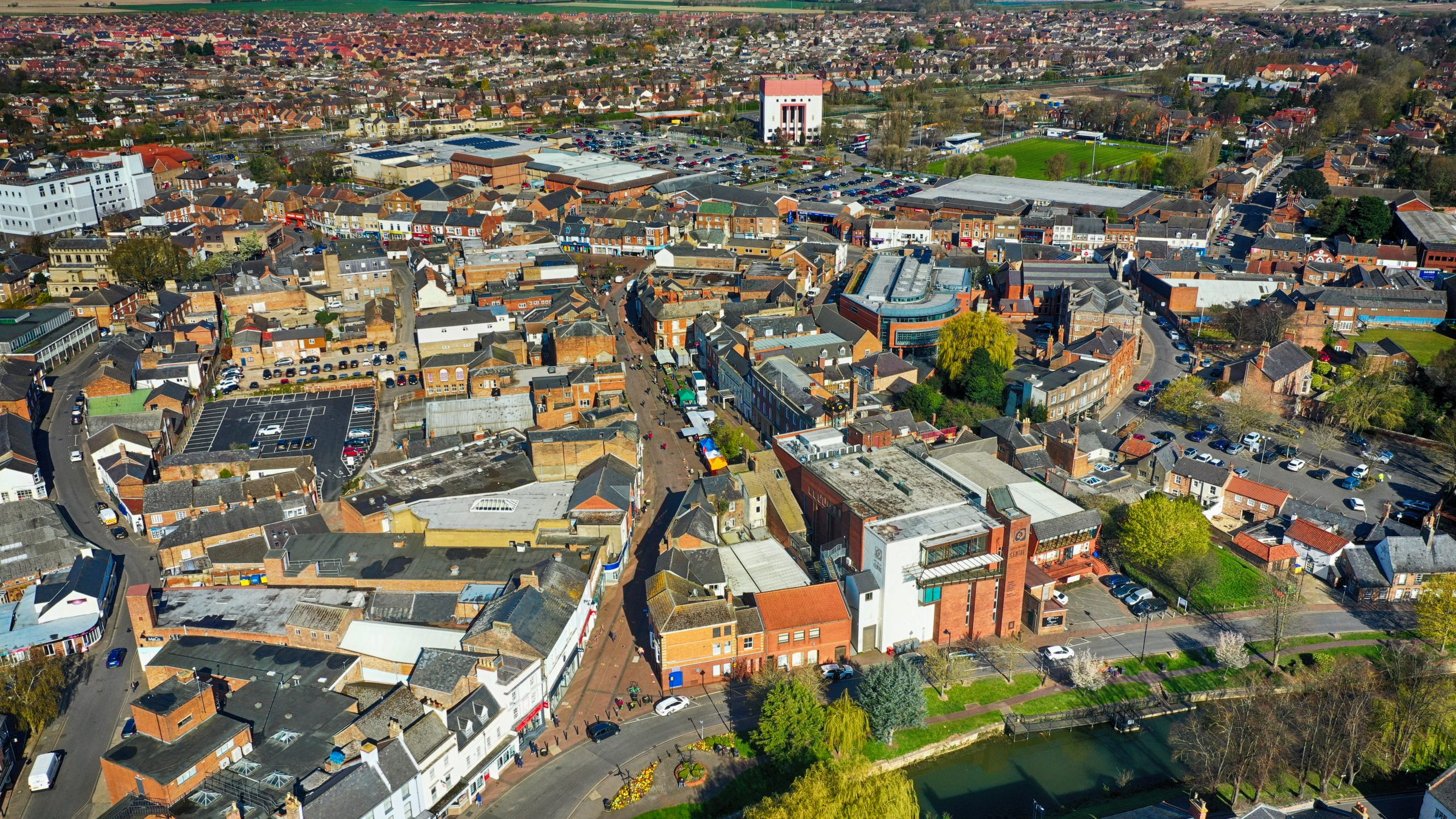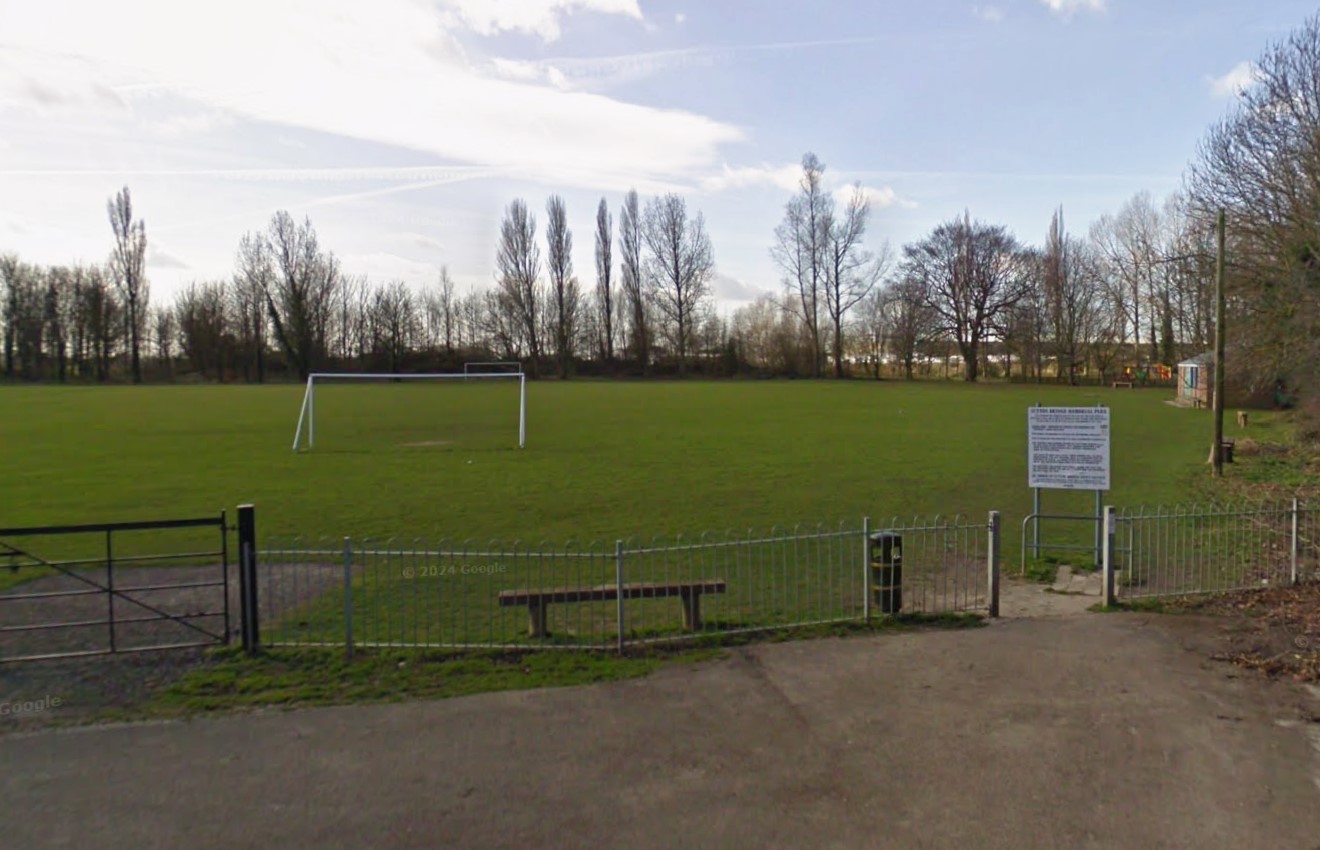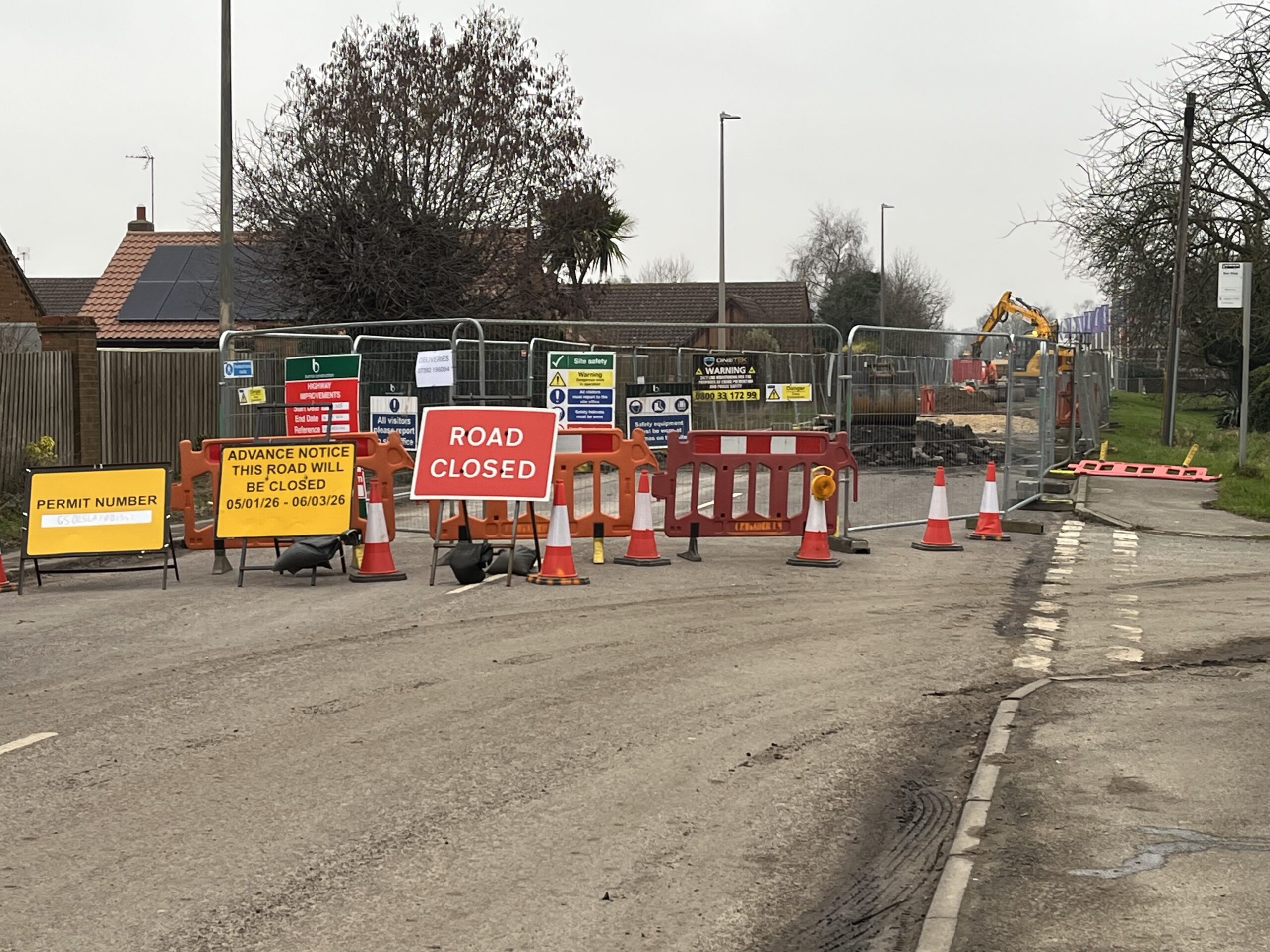Children as young as ten are being trained to be part of gangs which go door to door trying to rip off residents.
By the time these young people become adults they are already experienced in “doorstep crime”, often employing a wide range of criminal tactics to avoid being caught.
The way doorstep criminal gangs are operating within Lincolnshire are outlined in a report to go before Lincolnshire County Council’s community and public safety scrutiny committee next week.
These include failing to provide genuine contact details, insisting on cash payments and even changing their appearance.
They have even been known to delay targeting a victim in the hope their physical or mental health deteriorates to make them even more vulnerable.
Gangs are also known to use “modern day slaves” as part of their workforce.
The majority of their victims are aged between 80 and 94 and the rural nature and ageing population of Lincolnshire, makes it an ideal target.
The report highlights how moves in recent years to help older people stay in their homes longer, even when suffering from health problems including dementia, provides even greater opportunities for doorstep criminals.
Doorstep crime often involves charging extortionate prices, including charging for unnecessary goods or services, deliberately damaging property in order to get work, leaving work unfinished and poor quality work.
Those involved are also often involved in distraction or sneak-in thefts and can switch between both crimes depending on the victim.
The report says there is also evidence of victims’ details being passed between criminal gangs and victims can be targeted over a number of months, with elements of grooming, befriending, pressure and aggression used to ensure their compliance.
The long-term impact on victims can be severe, with many reporting being paranoid about security and frightened, particularly when people knock at their door, as well as embarrassment at being taken in by the con.
Organised crime groups ‘a concern’
The report to the community and public safety scrutiny committee will highlight the “concern” about organised crime groups (OCG) committing doorstep crime in Lincolnshire.
The report describes them as “highly organised, professional offenders who have developed their skills over the years”.
As well as family members, gangs often include casual labour, including vulnerable young men with drug and alcohol problems, the homeless and immigrants.
The gangs move around a lot, across police force borders and even into Europe, and adapt their behaviour to decrease the chances of them being caught.
They are also often good at interacting with vulnerable people, using tactics such as claiming religious associations to reinforce their own legitimacy.
Agencies work to protect vulnerable
A number of agencies are involved in tackling doorstep crime in Lincolnshire.
Trading standards, police and others were involved in a successful Operation Rogue Trade in 2014, which involved stopping scores of vehicles, doorstep checks and events educatiing groups and the public about the dangers of doorstep crime.
A Scam Awareness month competition in the county also encouraged people to report scams for the chance of winning a “phone call blocker”, which reached 10,500 people and increased reports to Citizens Advice by 200 per cent.
Lincolnshire also has 401 No Cold Calling Zones, where communities work with Neighbourhood Policing Teams to empower residents to say no to cold callers.
Operation Repeat is another multi-agency programme centred on doorstep crime prevention.
Repeat stands for Reinforcing Elderly Persons Education at All Times and its aim is for health and social care workers to continually reinforce on a daily or weekly basis the message about what vulnerable people should do if approached by a doorstep trader.
It is hoped the project will continue to be funded by money clawed back from criminal activity.






